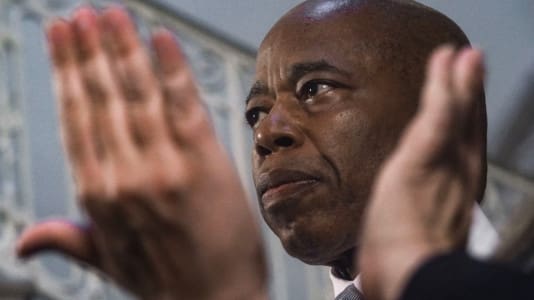Prominent Danish actor Mads Mikkelsen and award-winning filmmaker Nikolaj Arcel have defended the lack of diversity in their latest film, with the latter claiming it would “be a bit weird” to have included ethnic minority actors in a production set in 18th century Denmark.
The star and director of “The Promised Land” were responding to questions fielded during a press conference at the Venice Film Festival where the film premiered earlier this month.
The historical drama follows soldier Ludvig Kahlen, played by Mikkelsen, who seeks to cultivate the barren land of Jutland, Denmark in 1755, but faces hostility from the landowner, Frederik De Schinkel, who does not welcome Kahlen’s presence.
An unnamed Danish journalist asked the pair for their thoughts on the lack of diversity in the film, given the entirely Nordic cast, and whether they were concerned that the film would struggle to meet the new inclusion standards introduced by the Academy of Motion Picture Arts and Sciences to make it eligible for the Academy Awards category of Best Picture.
“If it’s not because of artistic reasons, but because of a lack of diversity this film cannot compete in that competition. Are you worried about that?” the journalist asked, to which Mikkelsen swiftly replied: “Are you?”
“You’re putting us on the spot so you answer the question,” he added, visibly amused by the line of questioning.
The journalist cited “Parasite,” a South Korean film that became the first foreign language film ever to win the Best Picture award in 2020, as an example of another film that lacked diversity but was considered eligible for the category because of its South Korean origin; he then asked for their thoughts on the “conundrum” that an all-Nordic cast would not be eligible.
Tackling the first question, director Nikolaj Arcel insisted the film had focused on authenticity over diversity.
“First of all, the film takes place in Denmark in the 1750s,” Arcel said. “We do have a big plot line about a girl of color who is being subjected to racism. It was very rare to have people of color in Denmark in the 1700s, almost nobody. She was probably at the time the only one in the entire country of Denmark,” he added.
The filmmaker said that meeting the new diversity guidelines set by Hollywood had not been a consideration.
“It wasn’t a thought in our mind. I think it would be a little weird. It’s just historical and how it was in the 1750s,” he explained.






